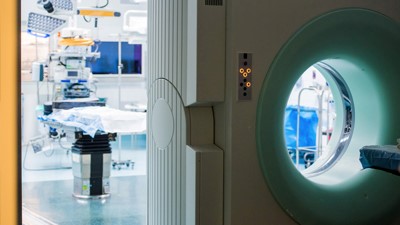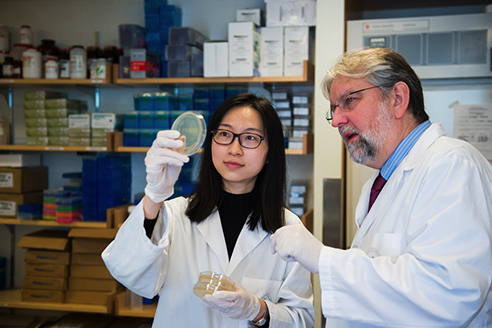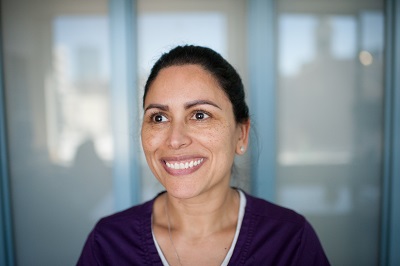Division of Gastroenterology


About the Division of Gastroenterology
The Division of Gastroenterology offers a full range of medical treatments for digestive diseases, including conditions of the esophagus, stomach, small and large intestine, liver, gallbladder, pancreas and colon.
Treatments and Services
Our collaborative practice of gastroenterologists and endoscopists are dedicated to the prevention, diagnosis, treatment and management of digestive and liver diseases.
Our Team
Our multidisciplinary team of experts is uniquely capable of providing care tailored to your specific needs.
Gastroenterology Locations
We have locations across the east coast of Massachusetts.
Research and Clinical Trials
Our physicians, surgeons and scientists are recognized worldwide as leaders in research and clinical investigations in digestive diseases and gastrointestinal disorders.
Colonoscopy and Procedure Instructions
If you are a current patient, get more information pertaining to your treatment.
Education and Training
We train future leaders in clinical treatment and scientific research, including medical students and pre- and postdoctoral fellows.
Gastroenterology Leadership
We provide personalized care through a team of gastroenterologists, endoscopists, surgeons, radiologists, oncologists and radiation oncologists dedicated to the prevention, diagnosis, treatment and management of digestive diseases.
-
![]()
- Chief, Division of Gastroenterology, Hepatology & Endoscopy Mass General Brigham Academic Medical Centers
- Zhou Family Endowed Chair in Gastroenterology, Mass General Hospital
- Professor of Medicine, Harvard Medical School
Dr. Ananthakrishnan named Humanitarian of the Year
Ashwin Ananthakrishnan, MBBS, MPH, was honored as the Crohn’s and Colitis Foundation Humanitarian of the Year.
Award-winning Gastroenterology and GI Surgery Services
We are pleased to announce that U.S. News & World Report has ranked us among the top in the country in adult gastroenterology and GI surgery.
Support the Division of Gastroenterology
Your support allows us to provide comprehensive, coordinated care for patients with digestive and liver diseases.
Contact Us
The Massachusetts General Hospital Division of Gastroenterology offers comprehensive, cutting-edge care for patients with all types of digestive diseases, from heartburn to organ failure.







